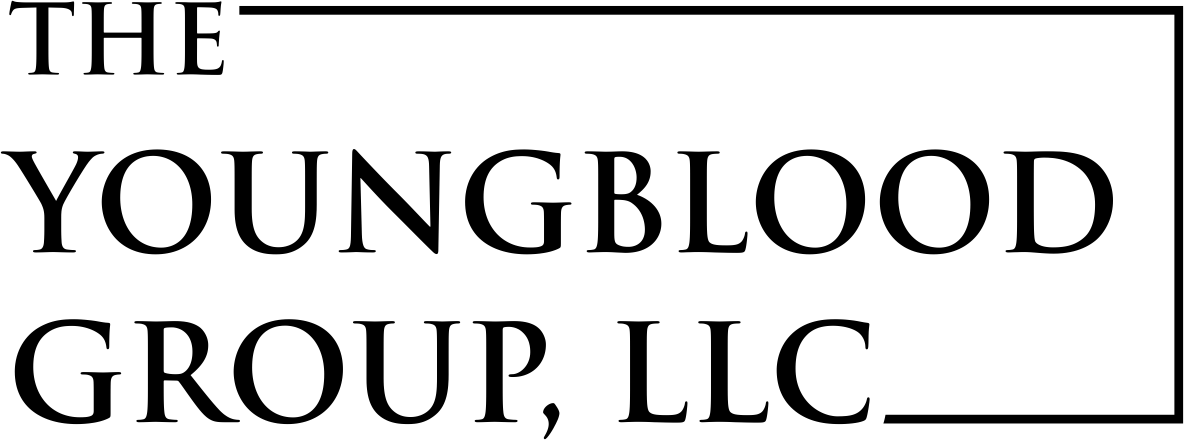The Corporate Transparency Act
The Corporate Transparency Act – What it means for you and your business
This is meant as a simple overview to provide you with an understanding of your obligations. As always, you should consult with your tax professional. If you are looking for a new tax professional, please book a new client discovery call with us.If you’ve formed a limited liability company (LLC) or corporation to operate your business or are thinking about doing so, you need to know about the Corporate Transparency Act (CTA).If you own a limited liability company (LLC) or a corporation, you may have already heard about the Corporate Transparency Act. This was enacted in 2020 as part of the Anti-Money Laundering Act . The new law ends the ability to form business entities without revealing who actually owns those entities to the government. The purpose of the law is to prevent the formation of anonymous shell companies for illegal purposes such as money laundering and tax evasion.The information being requested is the beneficial owner of the entity. A beneficial owner is any individual who directly or indirectly has substantial control or owns at least 25% of the reporting company. This could be a director, officer, or someone who performs tasks within the company that are like those an officer would handle. These new reporting requirements affect both existing and new entities. There are some exceptions to this, mostly for large businesses such as (Banks, credit unions, insurance companies, tax-exempt entities, etc.) Every year, around two million individuals and businesses establish new LLCs and corporations, leading to a significant increase in paperwork. Additionally, at least five million existing LLCs and corporations will be required to furnish the same information and ensure it remains up-to-date.These regulations will begin on January 1, 2024. FinCEN will not make the ownership information available to the public, but this information will be available to federal, state, and local law enforcement agencies, including the IRS.The penalties for failure to comply can be steep. It is unlawful to provide false, or fraudulent beneficial owner information or fail to complete or update the beneficial owner information. Civil penalties are $500 per day up to $10,000 maximum and criminal penalties of 2 years imprisonment. It is crucial that you have a firm that you can count on with these matters. Mistakes can result in costly penalties are outlined above but it is important to note that there is a safe harbor provision provided the mistake was not the result of attempting to evade the requirments. As the deadline gets closer we will be sending out reminders to our clients as compliance with the Corporate Transparent Act is a service that we will be offering. The final rule adopted by the Financial Crimes Enforcement Network (FinCEN) can be found here.

